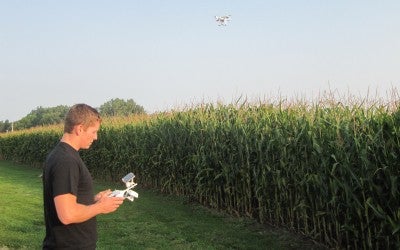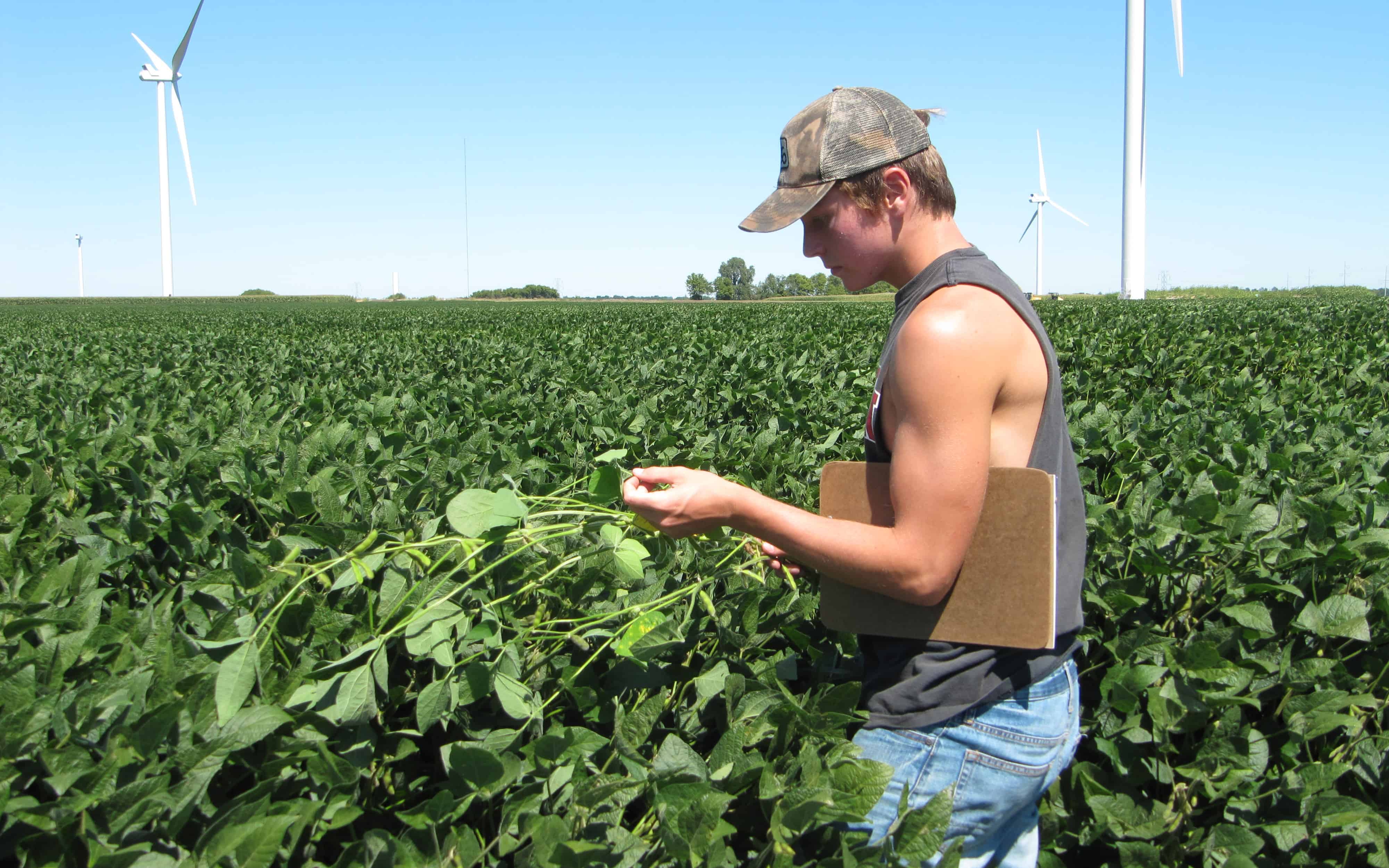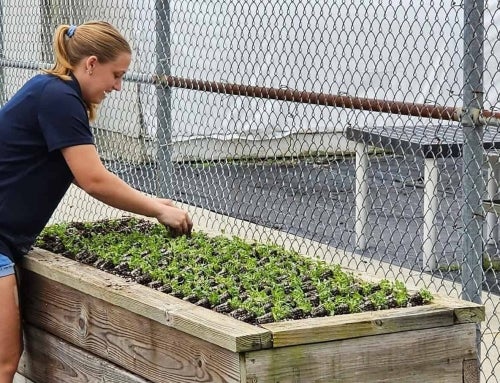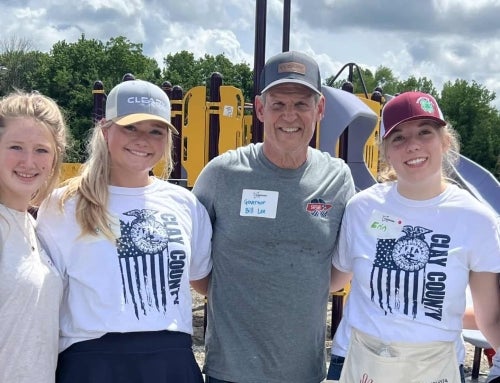A supervised agricultural experience (SAE) is an important part of FFA and agricultural education, but many students run into financial barriers as they work to complete their chosen projects. Fortunately, SAE grants can help.
SAE grants, each comprising $1,000, are available to qualifying FFA members in grades seven through 12 who demonstrate financial need in either starting or expanding an SAE project. The SAE grant committee evaluates each application, which must be submitted online and show that the project fits in at least one Agriculture, Food and Natural Resources Pathway (Agribusiness Systems; Animal Systems; Environmental Service/Natural Resources Systems; Food Products and Processing Systems; Plant Systems; and Power, Structural and Technical Systems).
For Nate Leystra, former president of the Randolph Cambria-Friesland FFA in Randolph, Wisc., receiving an SAE grant for his project was a game changer. Leystra, a 2016 University of Wisconsin-Platteville graduate, obtained an SAE grant during his sophomore year at Randolph High School to launch and develop his SAE project that involved working on his family’s row-crop farm, Leystra Vue Farms.
“The SAE grant program allowed me to begin investing in my future career,” says Leystra, who now serves as a sales representative for Leystra Seeds and continues to contribute to Leystra Vue Farms. “I was able to begin acquiring property and equipment, which would have been far more difficult without the grant funds.”
 Another former member of the Randolph Cambria-Friesland FFA, Seth Cupery, also received SAE grant assistance. Cupery, who now attends the University of Wisconsin-River Falls, was awarded three SAE grants over the course of his high school career to assist with his corn and soybean SAE project.
Another former member of the Randolph Cambria-Friesland FFA, Seth Cupery, also received SAE grant assistance. Cupery, who now attends the University of Wisconsin-River Falls, was awarded three SAE grants over the course of his high school career to assist with his corn and soybean SAE project.
“With the help of the SAE grant funds, I started out renting land from my father and grandfather, and farming our family’s land. Then I began renting land from other people in the community,” Cupery says. “Over the past five years, I’ve acquired 110 acres, and I don’t think that would have been possible without the grants I received.”
Both Leystra and Cupery had the added advantage of working with someone well versed in SAE grants – their chapter’s former advisor, Keith Gundlach. Gundlach helped each of his chapter’s SAE grant recipients create a budget and a detailed plan for successfully executing their projects.
“The SAE grant application itself is a great teaching tool, and it provides a way for members to identify SMART goals that are specific, measurable, attainable, relevant and timely,” says Gundlach, who served as the Randolph Cambria-Friesland FFA’s advisor for more than 40 years. “Grant recipients are held accountable for making progress with their projects, and that makes them more likely to achieve their goals.”
Are you interested in an SAE grant? The online grant application process is available until 8 p.m. EST on Nov. 15, 2019. Grant recipients are announced in mid-December.












